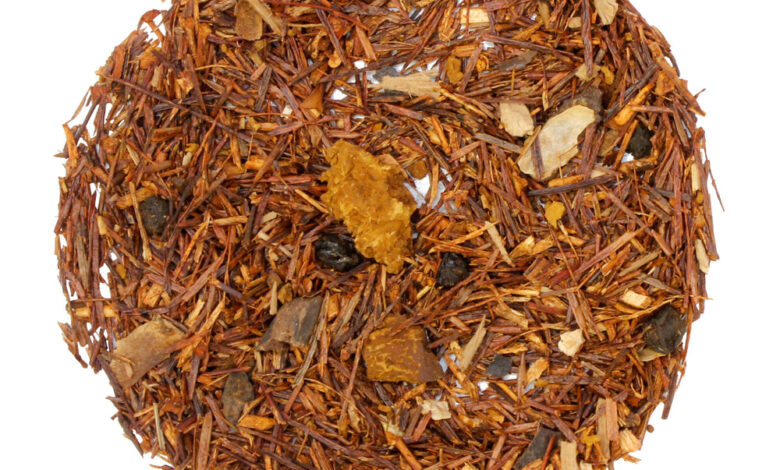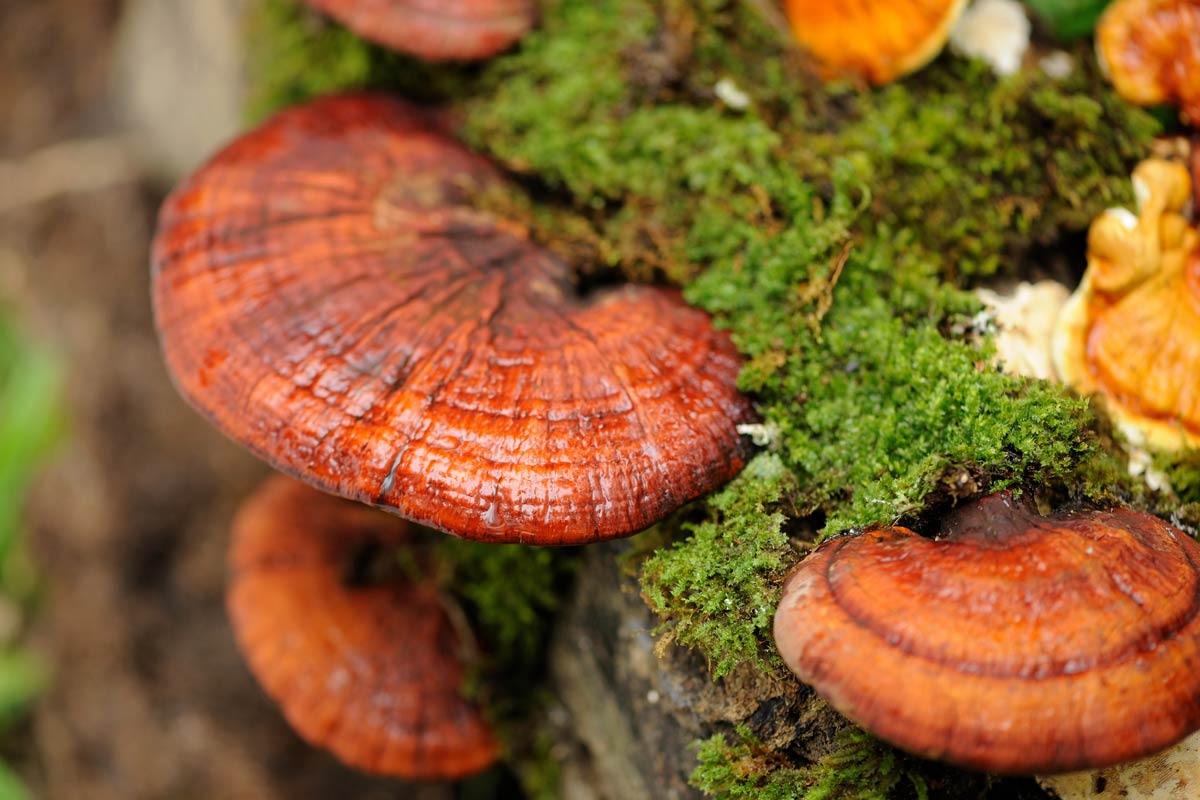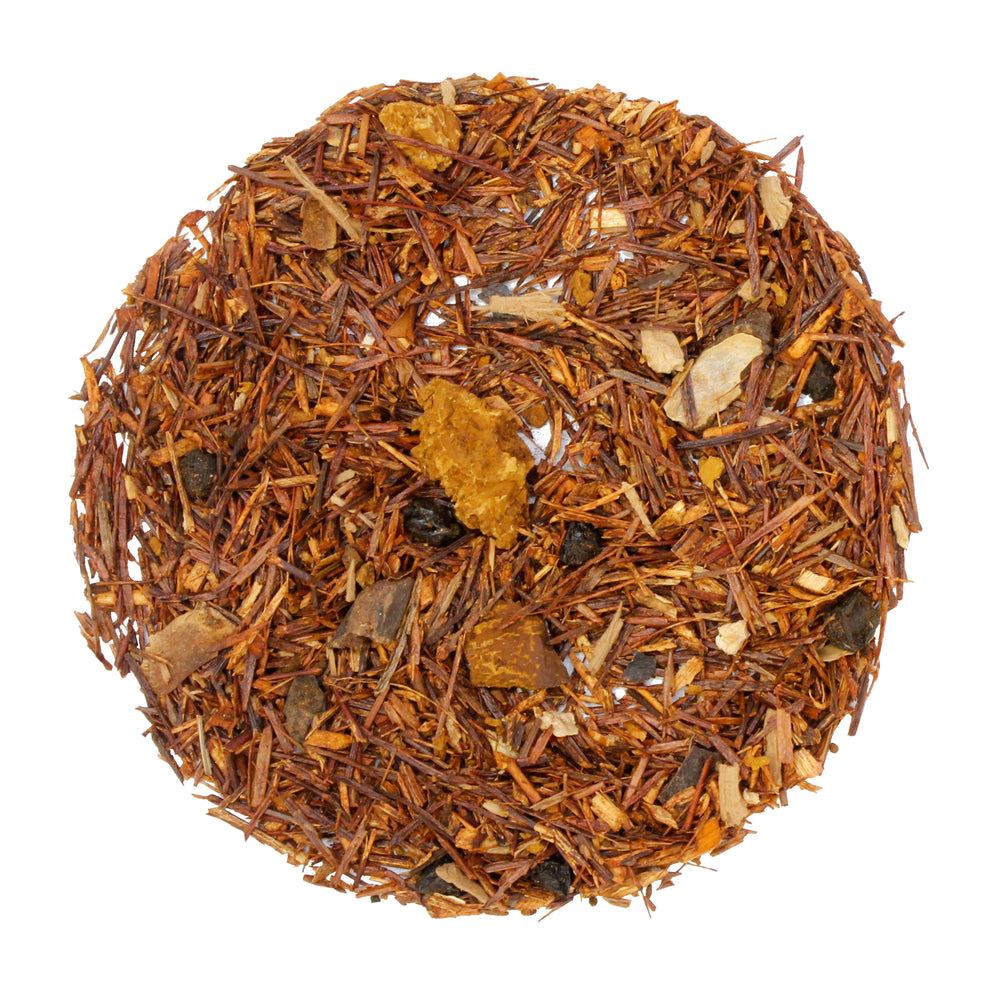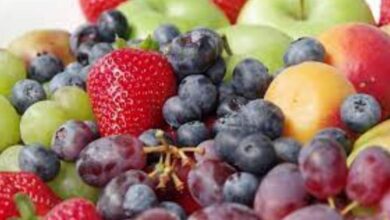
Are Chaga, Reishi, and Mushroom Teas Worth It?
Are chaga reishi and mushroom teas worth it – Are chaga, reishi, and mushroom teas worth it? This question has been swirling around the health and wellness world for a while now, and for good reason. These earthy, often-exotic beverages are touted for their potential health benefits, ranging from boosting immunity to promoting calm and relaxation.
But are these claims backed by science? And are these teas truly a worthwhile addition to your daily routine? Let’s dive into the fascinating world of mushroom teas and explore what the research says.
From the ancient forests of Asia to the modern-day health food store shelves, mushrooms have been used for centuries for their medicinal properties. Chaga, reishi, and other medicinal mushrooms are now gaining popularity as potent ingredients in teas, tinctures, and supplements.
But with so many options available, it can be overwhelming to decipher the hype from the reality. This article will explore the potential benefits, risks, and science behind these mushroom teas, helping you decide if they are right for you.
Introduction to Chaga, Reishi, and Mushroom Teas
The world of medicinal mushrooms has gained significant attention in recent years, with Chaga, Reishi, and other varieties taking center stage for their purported health benefits. These fungi, often consumed in tea form, have a long history of use in traditional medicine, particularly in Eastern cultures.
Origins and History of Medicinal Mushrooms
These mushrooms have been used for centuries for their therapeutic properties.
- Chaga( Inonotus obliquus) is a parasitic fungus that grows primarily on birch trees in cold climates. It has been used in traditional Russian and Eastern European medicine for centuries.
- Reishi( Ganoderma lucidum) is a polypore mushroom known as the “mushroom of immortality” in traditional Chinese medicine. It has been used for over 2,000 years to promote longevity and overall well-being.
Properties and Potential Health Benefits of Chaga and Reishi
Chaga and Reishi mushrooms are packed with bioactive compounds, including polysaccharides, triterpenes, and antioxidants.
- Chagais known for its high levels of antioxidants, which may help protect cells from damage caused by free radicals. Some studies suggest it may have anti-inflammatory and immune-boosting properties.
- Reishiis traditionally used to support the immune system, reduce stress, and improve sleep quality. Some research indicates it may have anti-cancer properties and help regulate blood sugar levels.
Processing Mushrooms into Teas
Medicinal mushrooms are typically processed into teas through various methods:
- Hot Water Extraction: The most common method involves steeping dried or powdered mushrooms in hot water for a specific duration. This process extracts the beneficial compounds into the water, creating a flavorful and potent tea.
- Decoction: This method involves simmering the mushrooms in water for an extended period, typically 30-60 minutes. Decoctions are often used for mushrooms with tough cell walls, as the longer simmering time allows for better extraction of their compounds.
Are chaga, reishi, and other mushroom teas truly worth the hype? While they might offer some health benefits, remember that sustainable weight loss is about building healthy habits, not just relying on supplements. Check out my 7-day guide to forming better habits for weight loss for a more holistic approach.
And, as always, consult with a healthcare professional before incorporating any new supplements into your diet.
- Double Extraction: This method involves extracting the mushrooms twice, first with hot water and then with alcohol. This process is believed to extract a wider range of compounds, including those that are not soluble in water alone.
Potential Health Benefits of Chaga, Reishi, and Mushroom Teas

The potential health benefits of chaga, reishi, and other medicinal mushrooms have sparked growing interest in recent years. These mushrooms have been used in traditional medicine for centuries, and modern research is beginning to uncover the scientific basis for their purported health benefits.
While more research is needed, these mushroom teas are believed to offer a range of potential advantages.
Are chaga, reishi, and mushroom teas worth it? That depends on your goals. While they might offer some health benefits, they’re not a magic bullet for weight loss. If you’re looking for a simple way to cut calories, I’d recommend checking out these easy ways to cut up to 500 calories.
And remember, healthy weight management involves a balanced diet, regular exercise, and overall lifestyle changes. So, while mushroom teas can be a fun addition to your routine, don’t rely on them as your sole solution for weight loss.
Chaga Tea Benefits
Chaga mushrooms are known for their high antioxidant content, particularly melanin, which helps protect cells from damage caused by free radicals.
- Boosting Immunity:Studies suggest that chaga may help strengthen the immune system by stimulating the production of white blood cells, which are essential for fighting off infections.
- Reducing Inflammation:Chaga’s anti-inflammatory properties may help alleviate symptoms associated with chronic inflammatory conditions, such as arthritis and inflammatory bowel disease.
- Supporting Heart Health:Some research indicates that chaga may help lower cholesterol levels and improve blood pressure, potentially reducing the risk of heart disease.
- Fighting Cancer Cells:Preliminary studies suggest that chaga may possess anti-cancer properties, potentially inhibiting the growth of cancer cells. However, more research is needed to confirm these effects.
Reishi Tea Benefits, Are chaga reishi and mushroom teas worth it
Reishi mushrooms have been traditionally used in Chinese medicine for their adaptogenic properties, meaning they help the body adapt to stress.
- Improving Sleep Quality:Reishi may promote relaxation and improve sleep quality by increasing levels of GABA, a neurotransmitter that plays a role in sleep regulation.
- Reducing Anxiety and Stress:Studies suggest that reishi may help reduce anxiety and stress levels by calming the nervous system and promoting a sense of well-being.
- Boosting Energy Levels:Reishi may help increase energy levels and reduce fatigue by supporting the body’s natural energy production processes.
- Supporting Liver Health:Some research suggests that reishi may protect the liver from damage caused by toxins and inflammation.
Lion’s Mane Tea Benefits
Lion’s mane mushrooms are known for their cognitive-enhancing properties, potentially supporting brain health and function.
- Improving Memory and Concentration:Studies suggest that lion’s mane may enhance cognitive function by promoting nerve growth and protecting brain cells from damage.
- Reducing Anxiety and Depression:Lion’s mane may help reduce anxiety and depression symptoms by increasing levels of nerve growth factor (NGF), which plays a role in mood regulation.
- Supporting Nerve Regeneration:Lion’s mane may help promote nerve regeneration and repair, potentially aiding in the recovery from nerve injuries.
Potential Risks and Side Effects
While generally considered safe, consuming mushroom teas may cause side effects in some individuals.
- Allergic Reactions:Some people may experience allergic reactions to mushrooms, including itching, rash, or difficulty breathing.
- Gastrointestinal Issues:Mushroom teas may cause digestive discomfort, such as bloating, gas, or diarrhea, in some individuals.
- Interactions with Medications:Mushroom teas may interact with certain medications, so it’s important to consult with a healthcare professional before consuming them, especially if you have any underlying health conditions or are taking medications.
- Contamination:It’s crucial to purchase mushroom teas from reputable sources to ensure they are free from contaminants, such as heavy metals or pesticides.
Important Considerations
It’s essential to note that the research on the health benefits of mushroom teas is still ongoing, and more studies are needed to confirm their effectiveness. It’s always best to consult with a healthcare professional before incorporating mushroom teas into your diet, especially if you have any underlying health conditions or are taking medications.
The Science Behind Mushroom Tea Effectiveness
While the popularity of mushroom teas is growing, it’s crucial to understand the scientific basis behind their potential health benefits. The effects of these teas are often attributed to various bioactive compounds present in mushrooms, which interact with the body in unique ways.
Active Compounds and Their Roles
Mushrooms are a treasure trove of bioactive compounds, including polysaccharides, triterpenes, and antioxidants, each contributing to their potential health effects.
So, are chaga, reishi, and other mushroom teas worth the hype? It’s a question I’ve been pondering lately, especially since I’ve been trying to be more mindful of my overall health. While I’m exploring those options, I’ve also been looking for tasty and nutritious ways to incorporate more plant-based protein into my diet.
That’s where chickpeas come in! I’ve been loving all the delicious ways to use them, especially under 360 calories, as outlined in this awesome article: delicious ways to use chickpeas under 360 calories. Now, back to those mushroom teas – maybe a little boost from those could make those chickpea recipes even more satisfying!
- Polysaccharides: These complex carbohydrates, such as beta-glucans, are known to stimulate the immune system by activating immune cells like macrophages and natural killer cells. This immune-modulating effect may help the body fight off infections and diseases. For example, research suggests that polysaccharides from Reishi mushrooms may enhance immune function and reduce inflammation.
- Triterpenes: These compounds are known for their anti-inflammatory and antioxidant properties. For example, ganoderic acids, found in Reishi mushrooms, have been shown to reduce inflammation and oxidative stress, potentially contributing to their benefits for cardiovascular health.
- Antioxidants: Mushrooms are rich in antioxidants like ergothioneine and glutathione, which protect cells from damage caused by free radicals. These antioxidants may play a role in preventing chronic diseases such as cancer and heart disease.
Research Supporting Mushroom Tea Effectiveness
While more research is needed, studies have explored the potential benefits of Chaga, Reishi, and other mushroom teas for various health conditions.
- Chaga: Research suggests that Chaga mushrooms may have anti-cancer properties, potentially due to their high antioxidant content. Studies have shown that Chaga extracts can inhibit the growth of cancer cells in laboratory settings. Additionally, Chaga may boost the immune system and support healthy blood sugar levels.
- Reishi: Reishi mushrooms have been traditionally used in Chinese medicine for centuries. Modern research suggests that Reishi may have calming effects, promoting relaxation and sleep. It may also support immune function, reduce inflammation, and improve cardiovascular health.
- Other Mushrooms: Other mushrooms, like Lion’s Mane, Cordyceps, and Turkey Tail, have also been studied for their potential health benefits. Lion’s Mane is known for its cognitive-enhancing properties, while Cordyceps may boost energy levels and athletic performance. Turkey Tail mushrooms are recognized for their immune-boosting effects.
Mushroom Teas in Comparison to Other Health Practices

Mushroom teas are often touted for their potential health benefits, but how do they compare to other natural remedies and supplements? It’s essential to understand their place within a holistic health approach and explore how they might complement other practices.
Mushroom Teas Compared to Other Natural Remedies
Mushroom teas share similarities with other natural remedies, such as herbs and spices, in their focus on plant-based compounds for health. However, they also have unique characteristics:
- Diverse Compounds:Mushrooms contain a wide array of bioactive compounds, including polysaccharides, triterpenoids, and antioxidants, potentially offering a broader spectrum of health benefits compared to single-herb remedies.
- Adaptogenic Properties:Some mushrooms, like Reishi, are considered adaptogens, which may help the body adapt to stress and maintain homeostasis. This distinguishes them from other remedies that may have more targeted effects.
- Unique Modes of Action:Mushroom teas may work through different mechanisms than other remedies. For instance, Chaga’s antioxidant properties might combat oxidative stress, while Lion’s Mane may support cognitive function.
Mushroom Teas in a Holistic Health Approach
Mushroom teas can be integrated into a holistic health approach that considers various aspects of well-being:
- Lifestyle Factors:A healthy lifestyle, including a balanced diet, regular exercise, and stress management, is crucial. Mushroom teas can complement these practices by providing additional support for overall health.
- Mind-Body Connection:The ritual of preparing and enjoying mushroom tea can be a mindful practice, promoting relaxation and reducing stress. This aligns with the principles of mindfulness and meditation, which are integral to holistic health.
- Complementary Therapy:Mushroom teas can be used alongside conventional medical treatments or other complementary therapies, such as acupuncture or massage, to address specific health concerns.
Mushroom Teas Complementing Other Health Practices
Mushroom teas can potentially enhance the benefits of other health practices:
- Exercise:Certain mushrooms, like Cordyceps, are believed to boost athletic performance and endurance, potentially complementing exercise regimens.
- Stress Management:Adaptogenic mushrooms, like Reishi, may help reduce stress and anxiety, supporting practices like yoga or meditation.
- Sleep:Some mushrooms, such as Chaga, are reported to promote restful sleep, which can be beneficial for individuals who practice mindfulness or meditation.
Final Wrap-Up: Are Chaga Reishi And Mushroom Teas Worth It
So, are chaga, reishi, and mushroom teas worth it? The answer, like many things in life, is nuanced. While these teas may offer some potential health benefits, it’s crucial to approach them with a healthy dose of skepticism.
Always consult with your healthcare provider before incorporating any new supplement or herbal remedy into your routine. If you decide to explore the world of mushroom teas, be sure to choose high-quality products from reputable sources and enjoy them as part of a balanced lifestyle.
Remember, the key to good health is a holistic approach that includes a healthy diet, regular exercise, stress management, and adequate sleep. And while mushroom teas might be a delightful addition to your wellness journey, they are not a magic bullet.
So, go forth, explore, and discover what works best for you!






